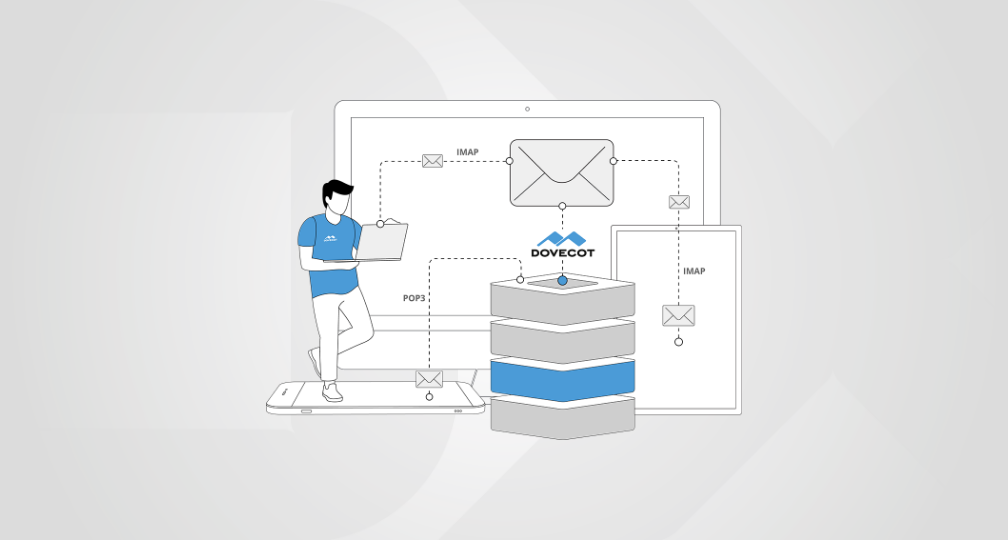The wave of terrorist attacks in Paris and San Bernardino, California, over the past month have reignited familiar feelings of grief, fear and anxiety over new threats. And as we normally see whenever a new, disturbing terror attack occurs and shakes up our imagination of what’s possible, people immediately begin looking into what they can to protect themselves against something like this ever occurring again.
It’s a completely understandable reaction, but one that calls to mind Benjamin Franklin’s famous expression, “Those who would give up essential Liberty, to purchase a little temporary Safety, deserve neither Liberty nor Safety.” Law enforcement officials, like FBI Director James Comey, have long beat the drum of encryption being a tool that serves terrorists and allows them to “go dark,” so that they can plot new attacks in secret, away from the eyes of government and intelligence agencies. And while the Obama administration came out in October against the idea of mandating that companies like Apple and Google provide the government with backdoors into encrypted services, the debate has been reopened following the Paris and San Bernardino attacks, with the usual suspects like Comey again calling for government backdoor access into encryption.
But, as privacy advocates have continuously counter-argued, providing any kind of backdoor into an encrypted service undermines its ability to protect all of our information; there is no magic-backdoor that works just for government but still keeps other unwanted eyes out. Additionally, as The Washington Post points out, there isn’t even any evidence that the attacks in Paris and California were coordinated as a result of terrorist planning that was locked behind encrypted doors. So why are so many scrambling to bring up the encryption scapegoat again?
What this debate does accomplish, though, is to bring to light the importance of open source software. If governments and law enforcement agencies are really that concerned about who may be lurking in the digital shadows, widespread proliferation of open source – over closed-source services provided by companies like Google or Facebook – can shine the light that people need to feel safer about their Internet.
And contrary to the Post’s assertion that open source development is generally handled by volunteer developers, there are numerous companies that have built successful businesses on open source software – ones that power the Internet’s infrastructure, enable the cloud to exist and provide valuable services to businesses and consumers. They are empowered by their communities and continuously steered by them to change for the better.
Open source is a key prerequisite for building more transparent and trustworthy software. When source code is open to public scrutiny, there is nowhere for a backdoor to hide. There are fewer potential opportunities for a user’s privacy to be invaded and for their information to be tracked, misused or exposed.
The debate we should be having now isn’t, “Should we undermine encryption to give our governments more reach into our personal lives – and not necessarily any more control in preventing terrorism?” What we should be asking ourselves is, “When can we finally recognize that open innovation is the only way to ensure that we remain free?”





-png-2.png)